12 June 2017
eLearning - at Ridgway School
This post is a revised version of my 2015 post "ICT User Agreements"
Technology is increasingly important in schools and has become essential for learning in our modern world. To prepare our children to become confident, connected lifelong learners, we must also prepare them to be confident users of a range of technologies. At Ridgway School we have a range of school owned computers, chromebooks, tablets and ipads that children in Years 1 - 5 may use and students in Years 6 - 8 are expected to “Bring Your Own Device” (BYOD).
We know that it is essential that our children not only learn to use ICT (information communications technology) well for finding things out and creating their own works, but also that they learn to use it safely. Teaching about “digital citizenship” and “cyber safety” are important aspects of our Ridgway curriculum and are explicitly taught at the start of the year and continually revisited throughout.
Citizenship and Safety
Digital citizenship ( http://www.mylgp.org.nz/about/what-is-digital-citizenship/ ) is a term that refers to the responsible and ethical use of digital technology, while “cyber safety” (http://www.netsafe.org.nz/) refers to both knowing how to maintain personal wellbeing when online and as a result of being online. Many of us parents and teachers share a concern that children who use the internet may have negative or harmful experiences. Teaching children what to do when when they come across websites that make them feel uncomfortable, and how to avoid these in the first place is essential and is part of the learning programme at all levels at Ridgway School. Equally important is teaching children how to safely navigate online environments, leaving only the footprints that they will be happy for others to see long into the future.
ICT User Agreement
Many schools have some form of ICT User Agreement that sets out how they will work in partnership with parents and students to address concerns around cyber-safety and digital citizenship.
At the beginning of 2015 we adopted our current ICT User Agreement which we obtained from another school with a proven record in good ICT practice. We are aware that it is not written in child friendly language that young children can understand and our plan has always been to work on this and develop something tailored for our community’s needs.
The ICT User Agreement that we have adopted should be seen as a signal that we do indeed take our responsibilities in this area, very seriously. The Board of Trustees’ view is that an ICT User Agreement should be signed each year by all students as a reminder of the importance of responsible behaviour in this area and in recognition of how quickly technology and its associated risks change. As our community grows our shared understandings around how we use ICTs, we expect to be able to simplify the actual document in the future.
Discussion of the ICT User Agreement at home
For some families with younger children there are some aspects of the ICT User Agreement that may not seem relevant and we all recognise that some of the language in the document is quite complex. It is very difficult however to decide where any ‘cut off’ should fall for who would need to sign it and who would not, as there are so many ‘what ifs’ and possibilities. All of our computers access the internet and all of our children can use all of our computers. Obviously all of our children need to understand some basics about what is ok and what is not, when using digital technologies at school. We ask that parents have talk to their children about the ICT Agreement when signing, even if it is just to make clear to your 5 year old that computers and ipads at school are for learning and that the teacher is in charge of how they will be used. Older children will need to participate in a different discussion at home; perhaps around the topics that they search the internet for, or appropriate use of a device camera to film or take photos. As parents you know your children best, and the concerns you have for their use of technology and safety should guide the discussion that you choose to have around the ICT User Agreement. Teachers will also be having these discussions at school.
Bring us your questions and concerns
As we develop our use of digital technology for learning at Ridgway School, we will of course be keen for feedback from our community about what we teach and how we teach it. Parents with questions and concerns are encouraged to raise these with teachers.
Kathryn




Find us on Facebook
Copyright 2020 Ridgway School | Contact Us | Designed by Expert and Powered by MoST
Playground design by Mark Newdick, Photography by Andy Spain